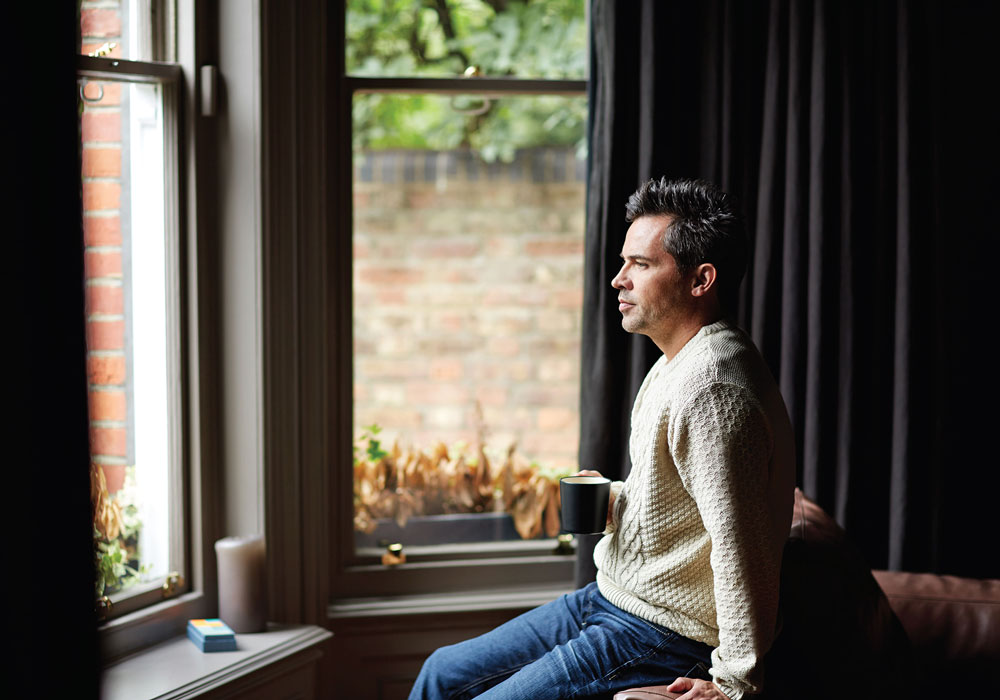When withdrawing from a clinical trial, patients experience a spectrum of emotions ranging from regret, urgency, frustration—and trust in their healthcare professionals, like oncology nurses, according to the results of a study published in JAMA Network Open.
Researchers conducted interviews with 20 adult patients with cancer who had participated in clinical trials at a National Cancer Institute–designated cancer center. Reported reasons for withdrawal were disease progression, adverse effects, and acute illness.
Interview analysis revealed five themes: posttrial prognostic awareness, goals-of-care discussions, emotional coping, burden of adverse effects, and professional trust and support. Subthemes included regrets or hindsight, urgency to start the next treatment, and weighing benefits and burdens of treatment. Patients reported having limited discussions about their immediate posttrial care needs. Many said that “there was no clear path forward.”
Patients reported both positive and negative experiences with the healthcare professionals involved in the clinical trial, and many cited the value of the contribution of nursing care to their trial experience and the professionalism and caring nature of staff.
“Exiting a cancer clinical trial represents a type of risk for participants, especially those withdrawn because of disease progression, lack of effect, toxic effects, or symptom burden,” the authors wrote. “Understanding the posttrial needs of patients with cancer and their families and what constitutes responsible transitions represents a measure of ethical respect for the many contributions that patients with cancer make to advancing our scientific knowledge and finding treatments that save lives.”






